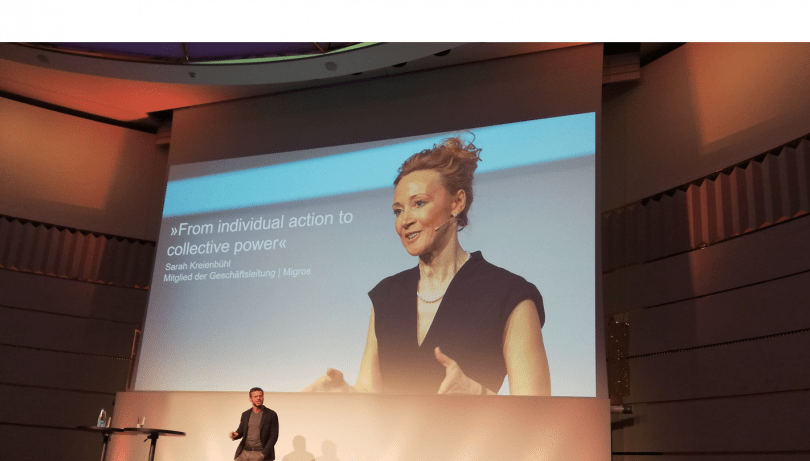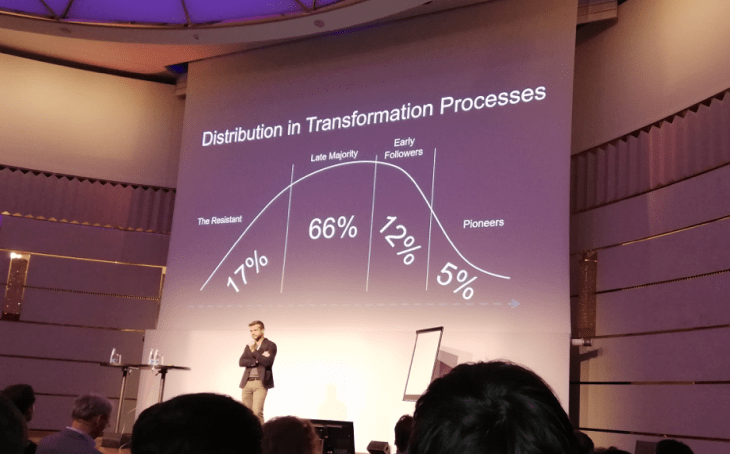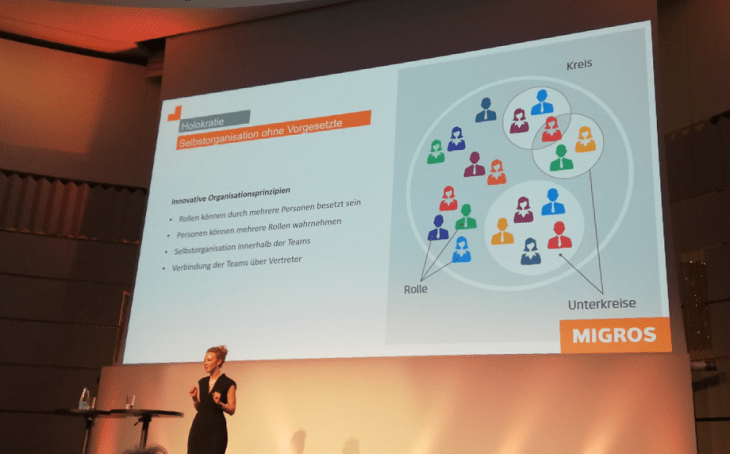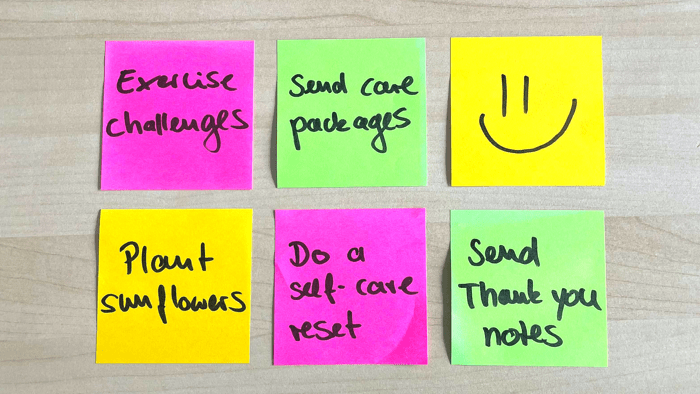"Transformamus - Summit on Business Transformation"
The 2019 edition of the “Transformamus - Summit on Business Transformation" took place in the beautiful Dolder Grand in Zürich and was articulated on a two days program: the “Insight Conference” on May 16th and the “Impact Day” on May 17th.
While the Impact Day offered a moment for a focused analysis through seminars and workshops, the in-plenum lectures and break-out sessions of the Insight Conference provided an overview of the status and challenges of the digital and business transformation. Both days were masterfully moderated by Prof. Dr. Wolfgang Jenewein of the St Gallen University.
We transform
Jenewein opened explaining what “transformamus” means.
The word comes from Latin and means “we transform”. The transformation is performed:
• collectively (we),
• actively (the verb is in the active form)
• right now (the verb is in present tense).
One of the purposes of the conference was, therefore, to help understand how we do, all together, master the required transformation, a complex, compulsory journey which will last for years.
The complexity of the transformation is demonstrated by the very high failure rate: 74% for high tech companies (telecommunication, media etc.) and 89% for “traditional” industries (auto, pharma etc.). These worrying data can be explained by the fact that the innovation to drive and steer this transformation is not only required in the technology and in the strategy but also and above all in the company’s structure and culture. The latter is the biggest problem. Peter Drucker was cited several times during the whole conference: “Culture eats strategy for breakfast”.
Mark Nierwetberg, Senior Vice President of Deutsche Telekom, elaborated this concept during his break out session: at the what level, all companies know what there is to; the crucial point is the how. In other words, all companies have understood that they need a strategy for the digital transformation, and many strategies are indeed similar. The success factor is how those strategies will be implemented, and that in turn, strongly depends on the cultural change which will allow and support the transformation.
Pioneers and “terrorists”
As Prof. Dr. Markus Schögel of the St Gallen University said, the digital transformation is a fundamental change process, and it is much more than the execution of single digital projects. Wherever there is a change, there are people supporting it and people resisting it.
During his introduction speech, Jenewein showed a statistic regarding the distribution in transformation processes. According to it, only 5% of the involved persons are real supporters and can be considered “pioneers”. The “early followers” are 12%, and there is a 66% of what can be called “late majority”. 17% of the involved people actively resist the change. Jenewein nicknamed them “the terrorists”.
Company management tends to invest lots of energies in addressing the “terrorists”, trying to change their opinion and win their support. This is a fundamental and dangerous mistake!
By doing that, in fact, management directs a lot of attention towards a specific point: the detractors. The rest of the company, seeing where energies are invested and where interest is addressed, is oriented towards the very same point! The result is that some of the “late majority” people will become detractors, making the first issue even worse. Management should instead deal with the “Pioneers”, invest their energy there and let the whole company be inspired by them.
Bram Schot, CEO of AUDI AG, was even more explicit, using the bus metaphor. The bus is the change the company is undergoing to accomplish the transformation journey. Some employees are already on the bus, ready to start the journey, and some aren’t yet as they resist the change. Schot believes that “we can’t wait for somebody to get on the bus. You are on the bus, or you are off the bus”. Company Management shall put “the right people on the bus and the wrong ones off the bus and then figure out how to drive”.
Schot went on stating that the right competent people and the right culture are the defendable competitive advantages: they aren’t copiable and are therefore the differentiation factor for a company and its key to success. Everybody in the company must be competent, and managers should exploit their people’s full potential by putting the best people on the most significant opportunities, not on the biggest problems.
“Swarm intelligence”
The mentioned change in culture also implies a profound change in the role of the managers and management in general. Several lectures touched this topic, which was further elaborated by Sarah Kreienbühl, member of the Board of Directors of the Migros-Genossenschafts-Bund.
According to Kreienbühl, the central challenge for companies is to reach the agility needed for the transformation. And the precondition to achieve the required agility is what she called “swarm intelligence”. Like in a swarm, what counts is the collective power, not the action of the individual.
The digital transformation is, therefore, requesting a drastic change in the management style, and methods like Holacracy are emerging. Holacracy is a method of decentralized management in which authority and decision-making are distributed throughout self-organizing teams and where the same role can be covered by several people.
In such an organization, leadership still plays a central role in ensuring that, like in a swarm, the result of the collaboration is more significant than the sum of the individual contributors. The purpose of the leader will be, according to Kreienbühl, the transition to the one of a “System Moderator”.
In the last pool survey among conference attendees, it was asked to use a word to define the leader role in the future. The most chosen words were: “Coach”, “Enabler” and “Mentor”.
Here you can read further insights from the Impact Day.





